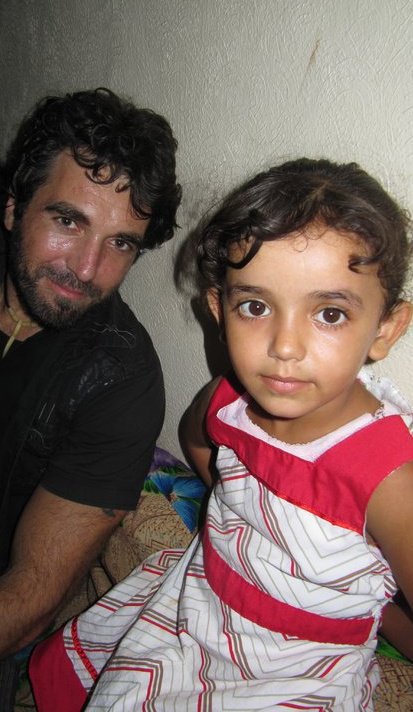Category: Journals
-
Remembering Vik
Jeff Halper | Israeli Committee Against House Demolitions Less than two weeks after losing another friend and comrade, Juliano Mer-Khamis, I now have to mourn and remember my fellow Free Gaza shipmate Vittorio (Vik) Arrigoni, who was brutally murdered last night by religious extremists in Gaza (and who actually resembled Juliano, physically, in his buoyant…
-
We left Gaza city early …
13 April 2011 | International Solidarity Movement, Gaza We left Gaza city early; we were going to Faraheen, a small village near the buffer zone to help farmers plant peppers. Israel has declared a 300 meter “buffer zone” along the entire border with Gaza. What does the buffer zone mean? Simply, that Israel will shoot…

